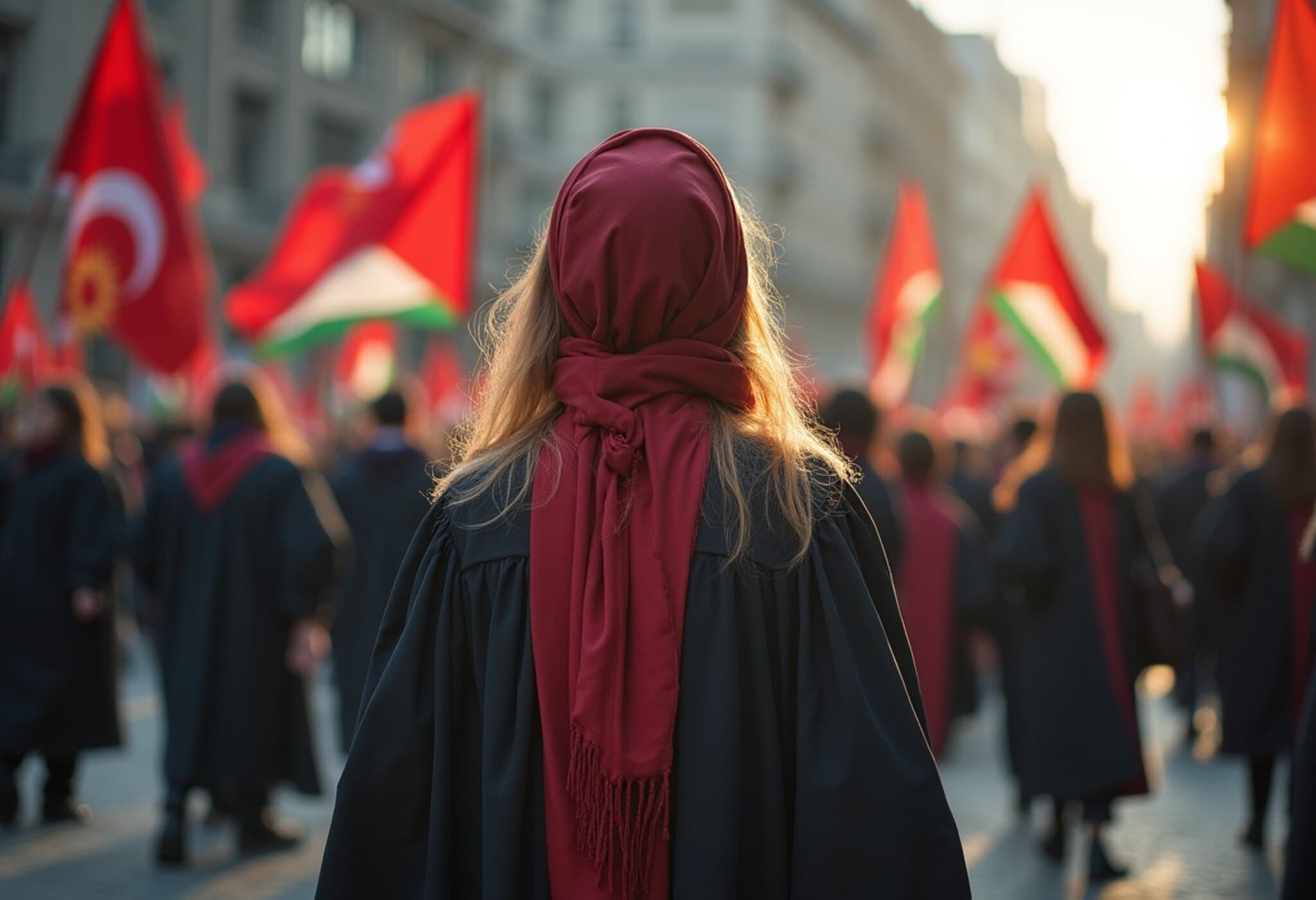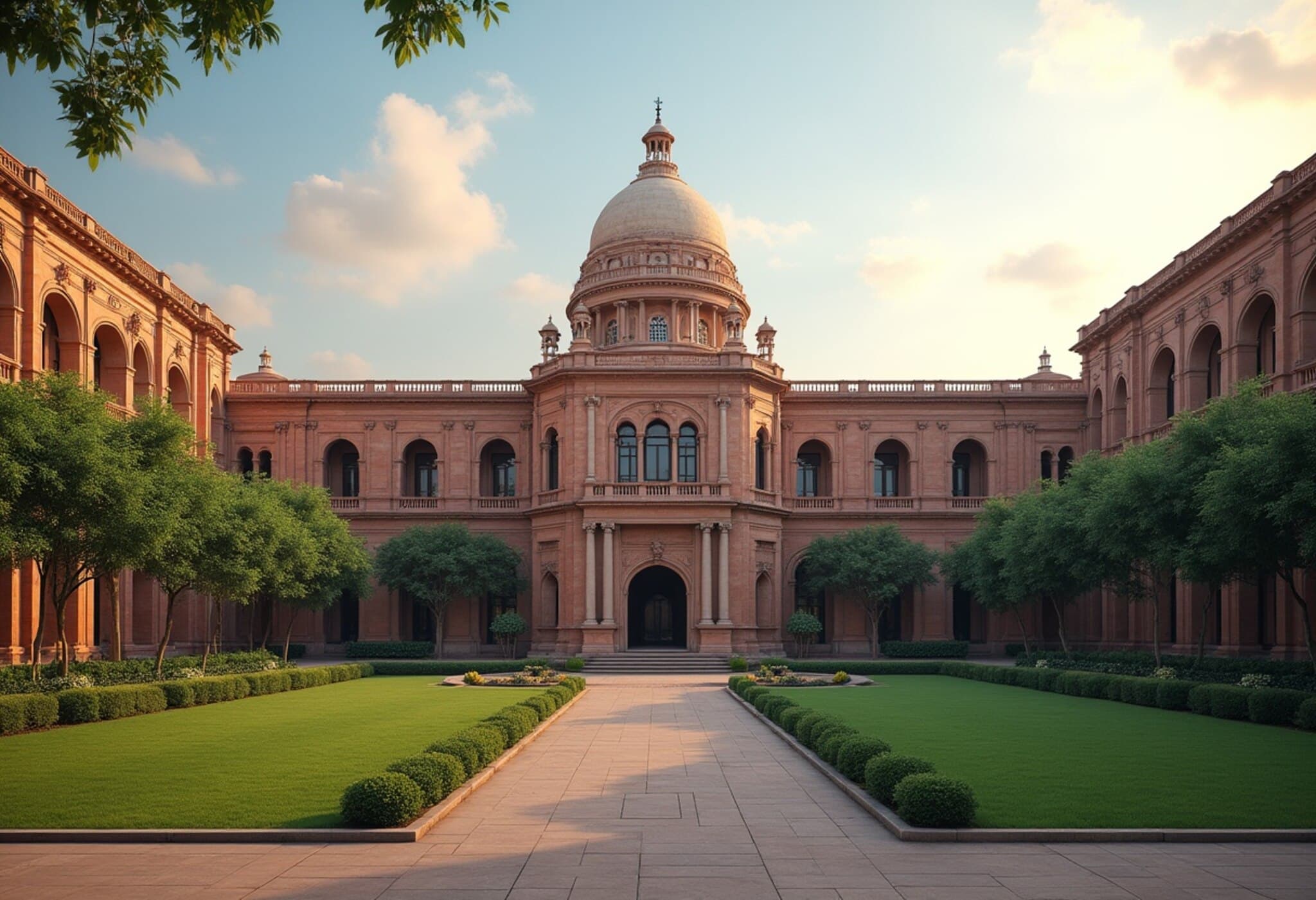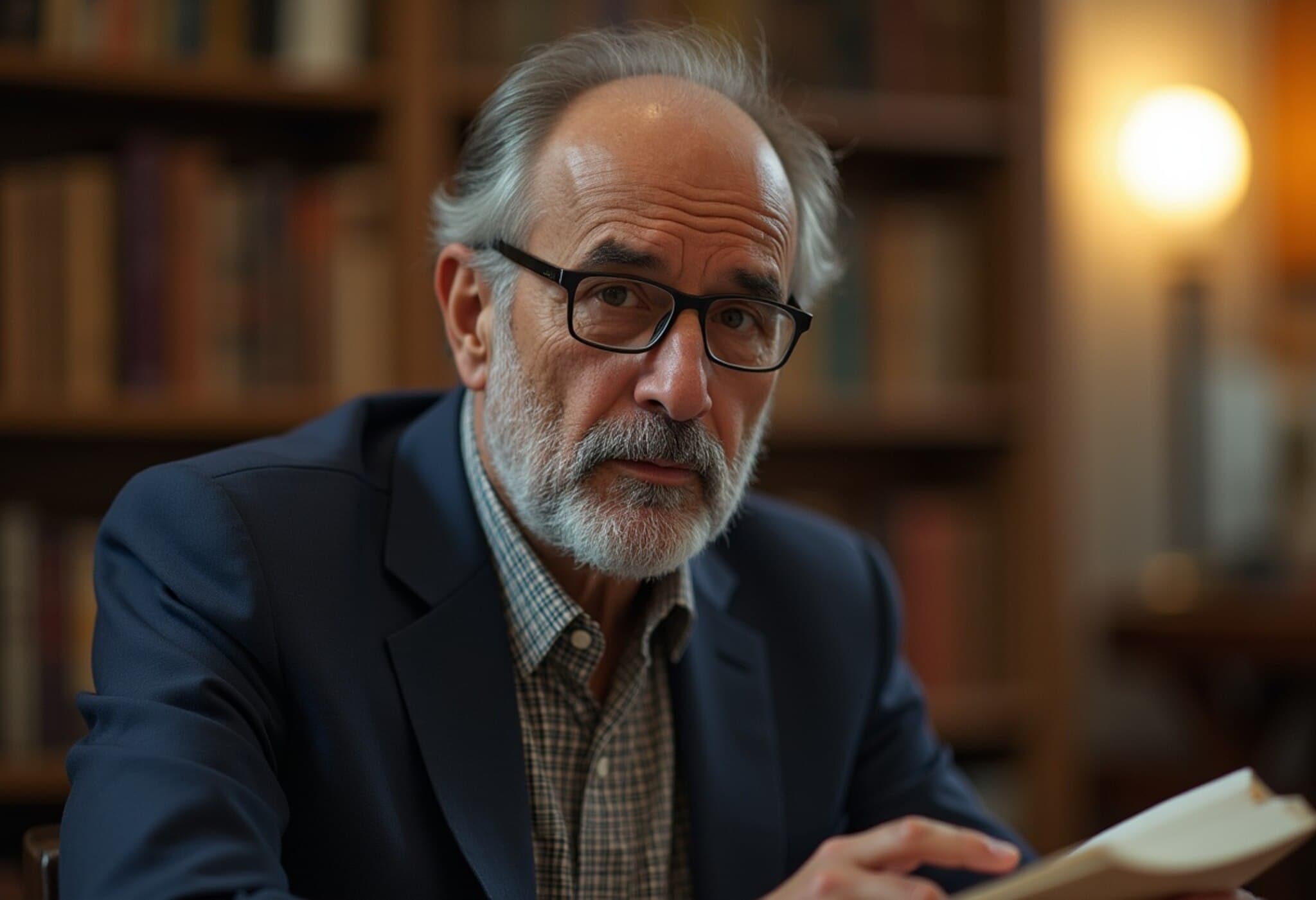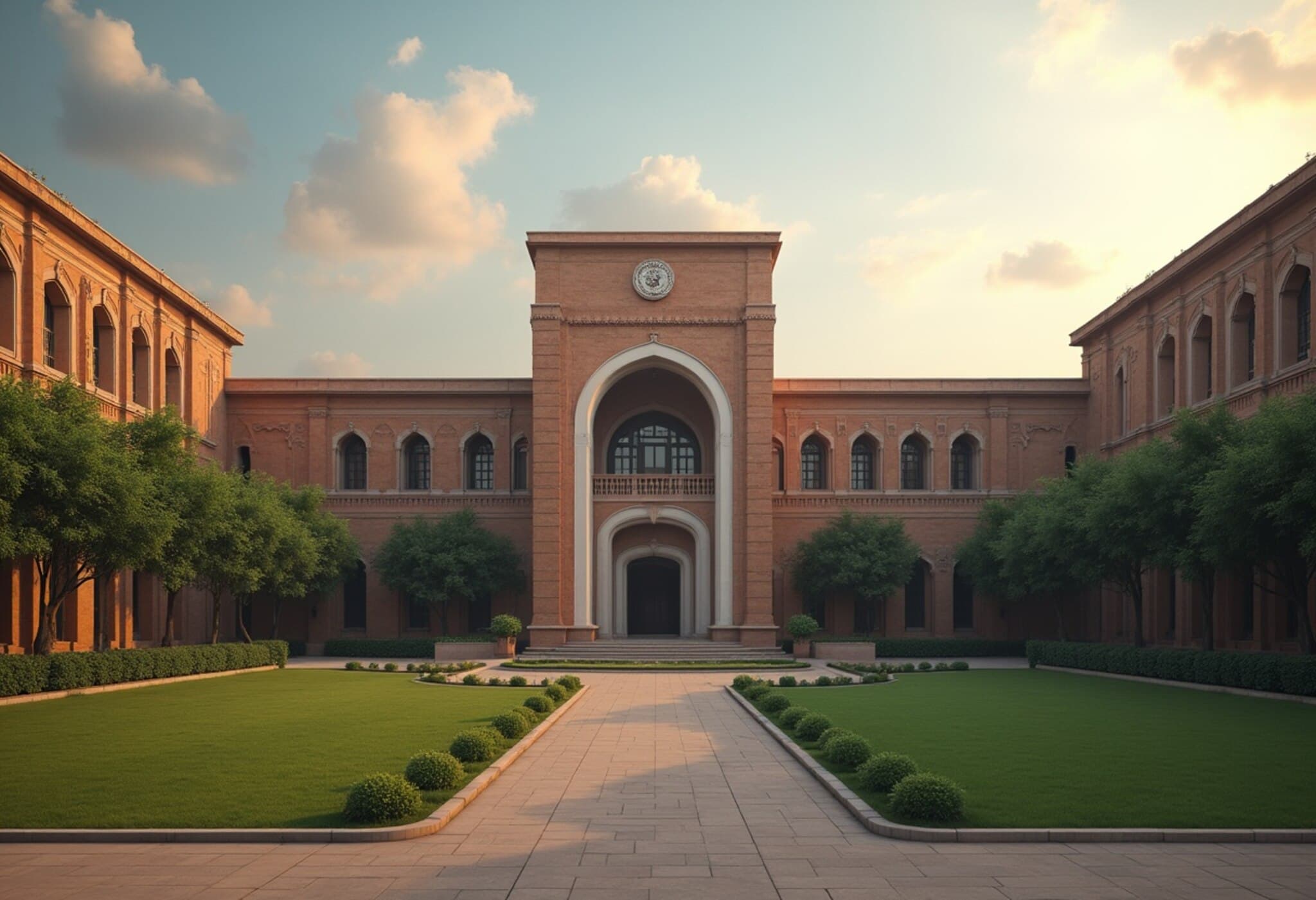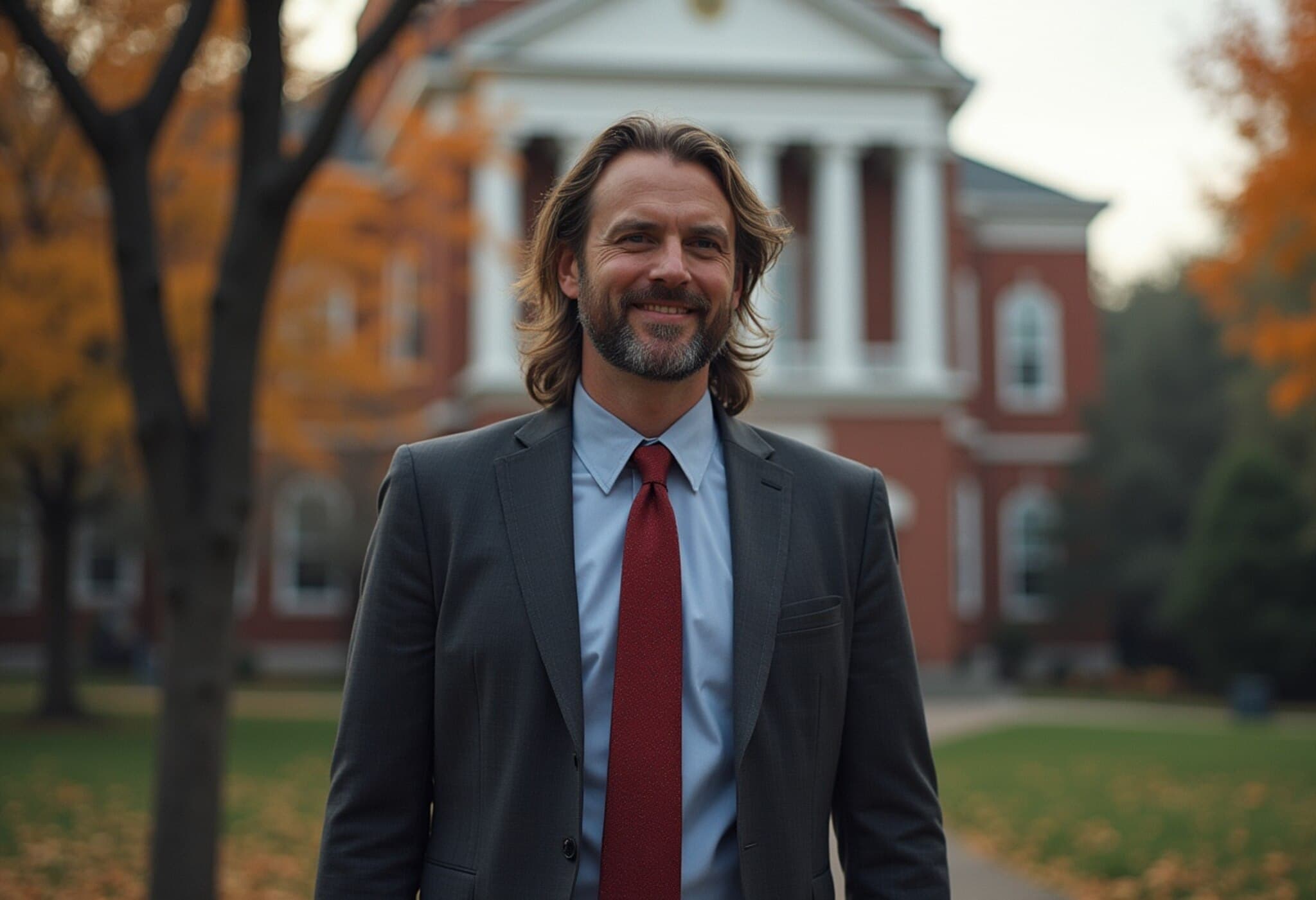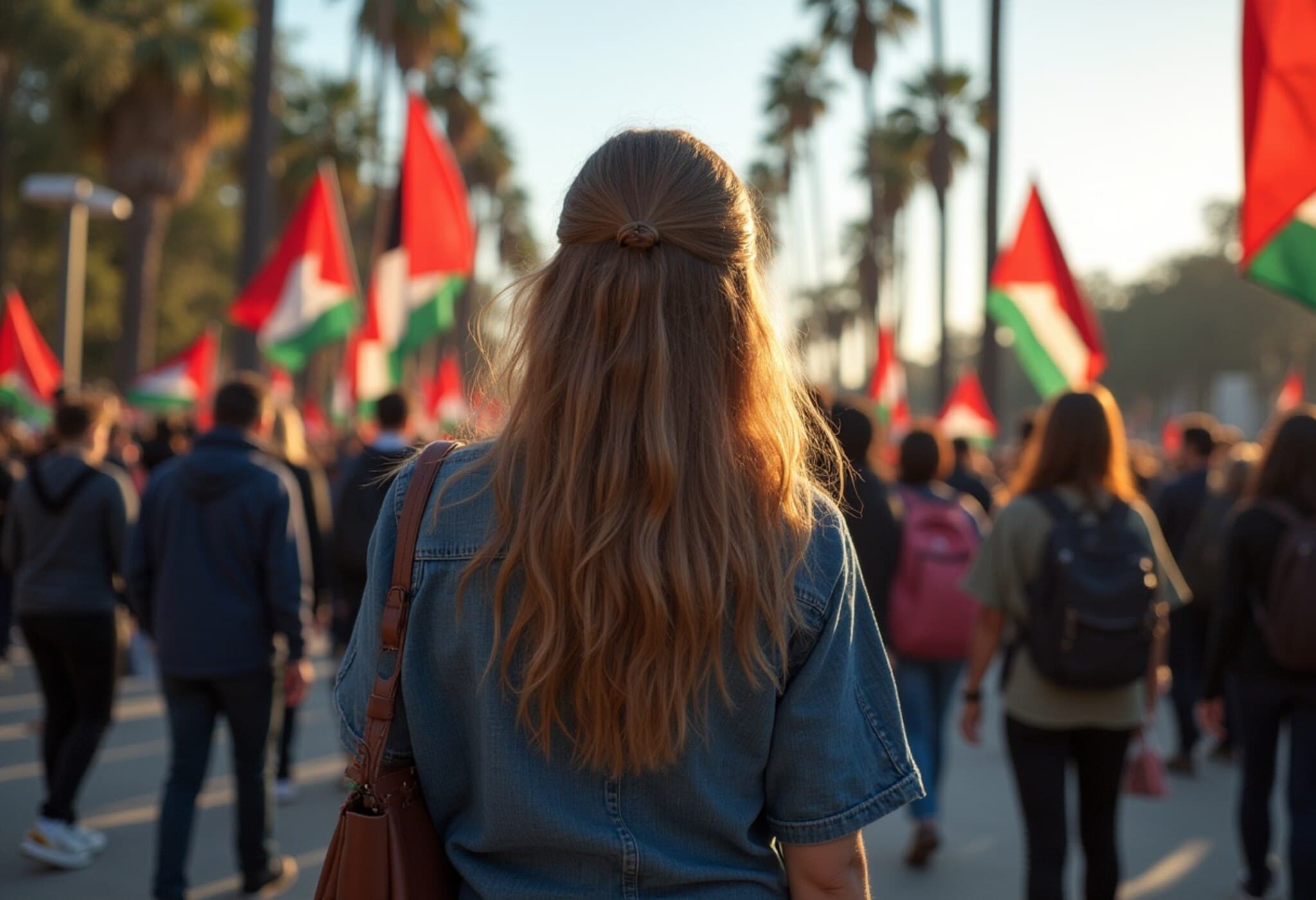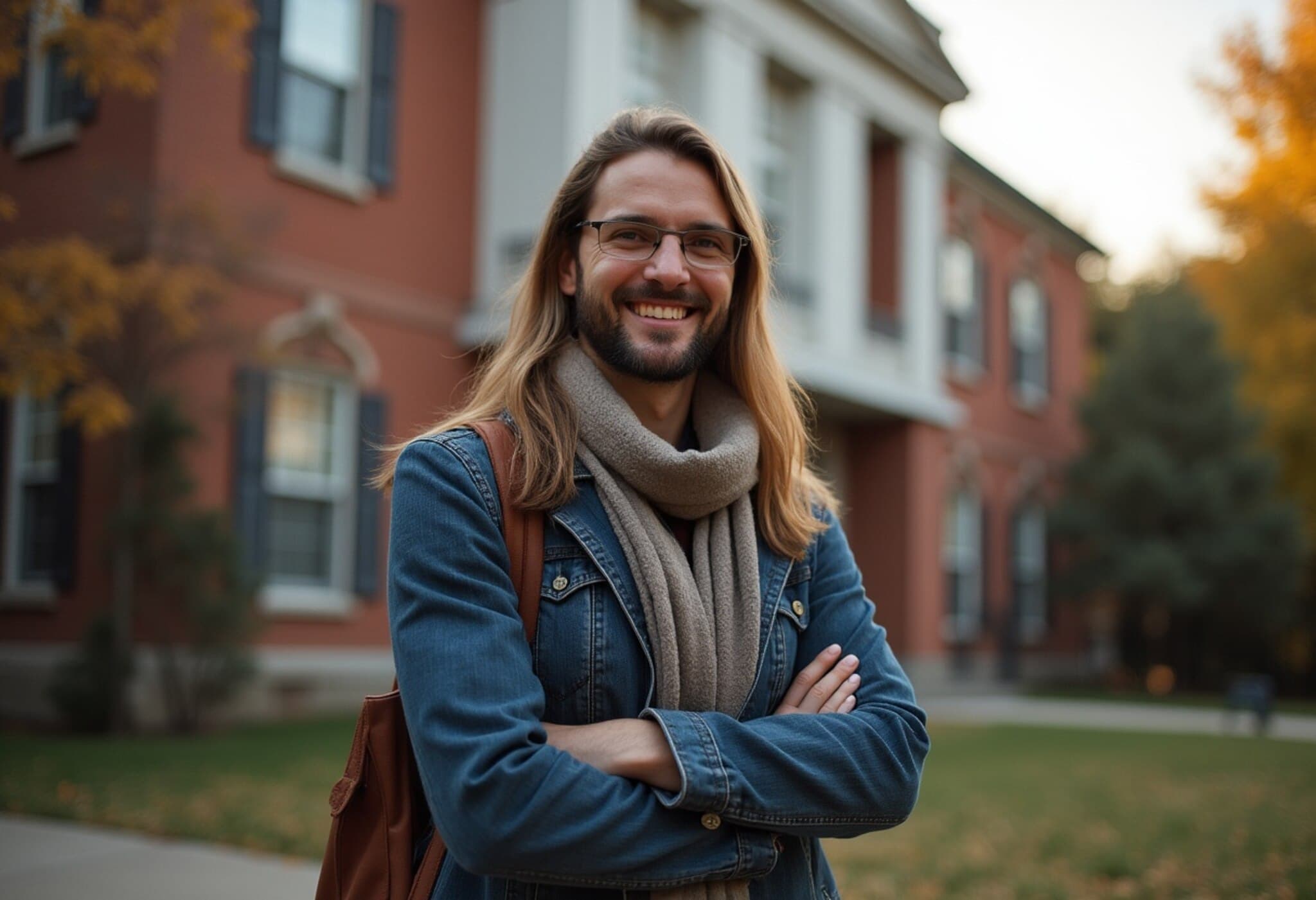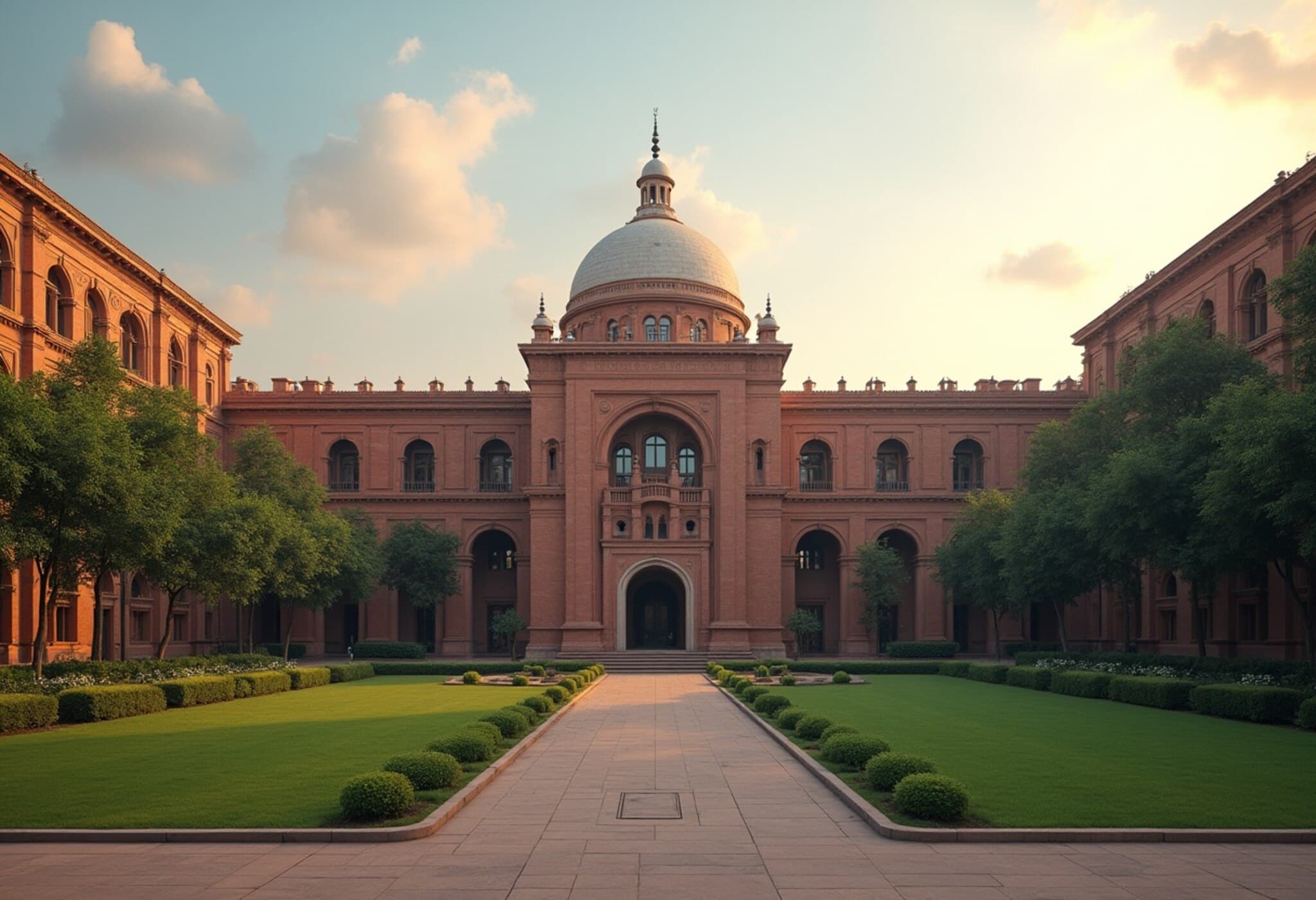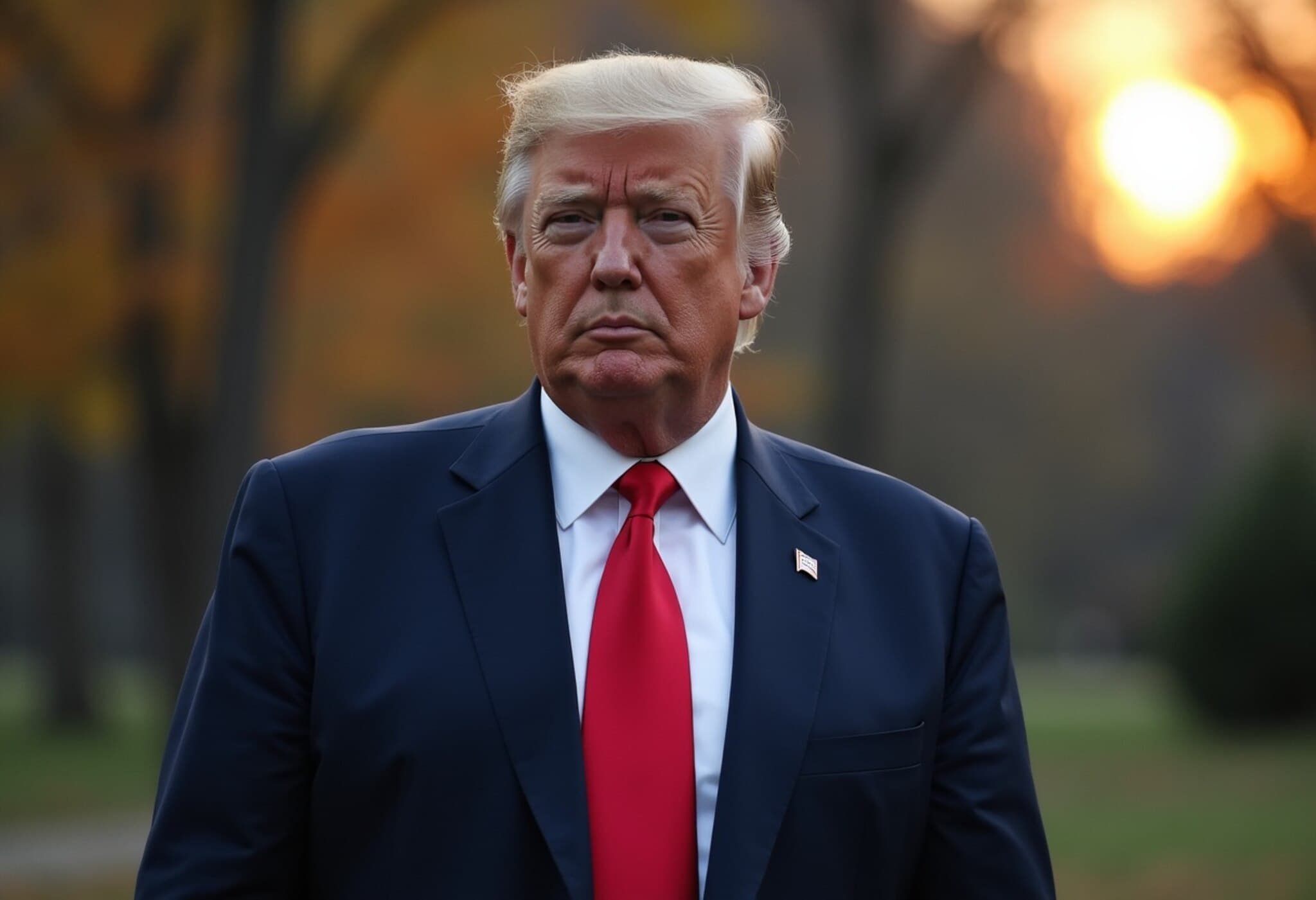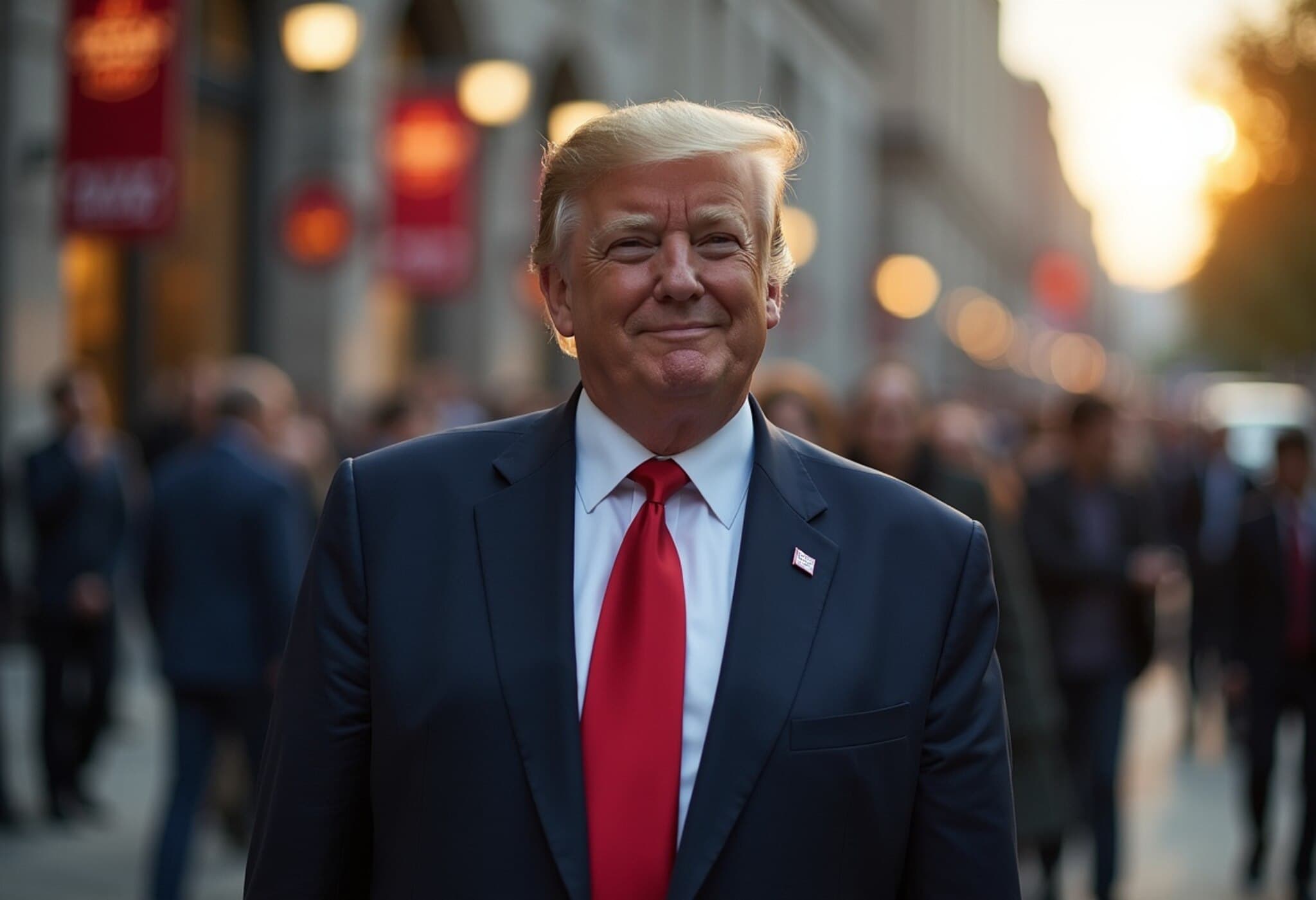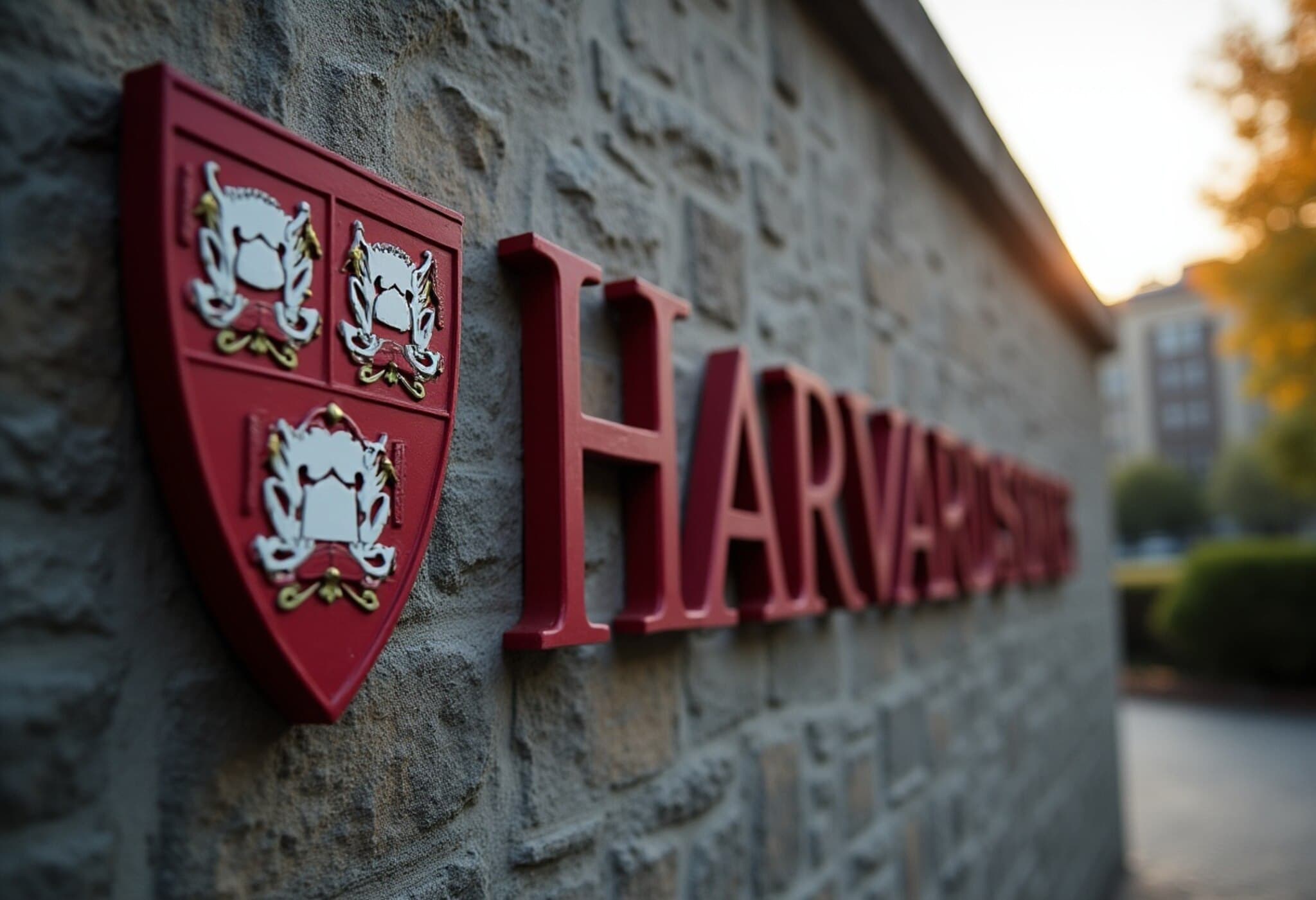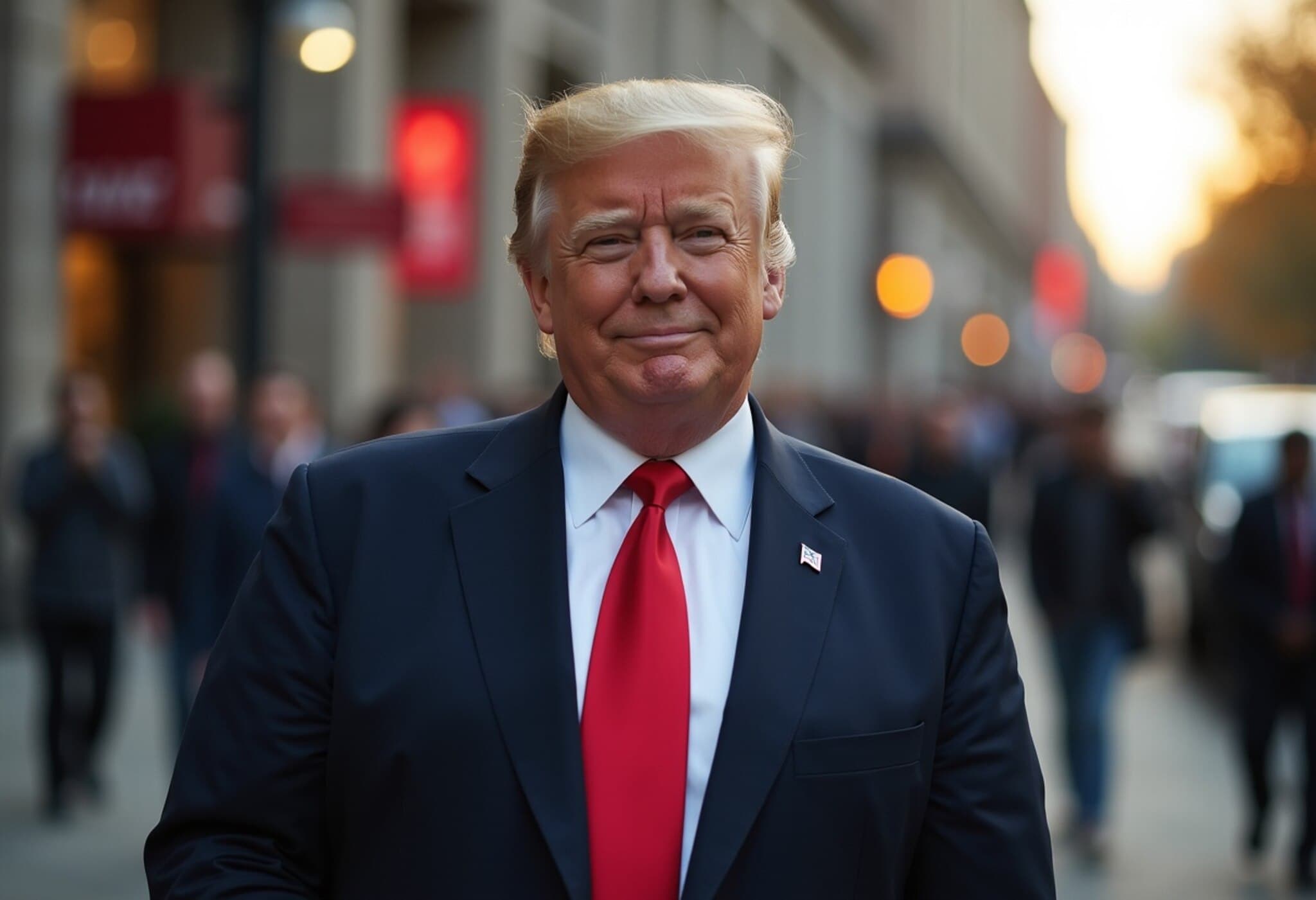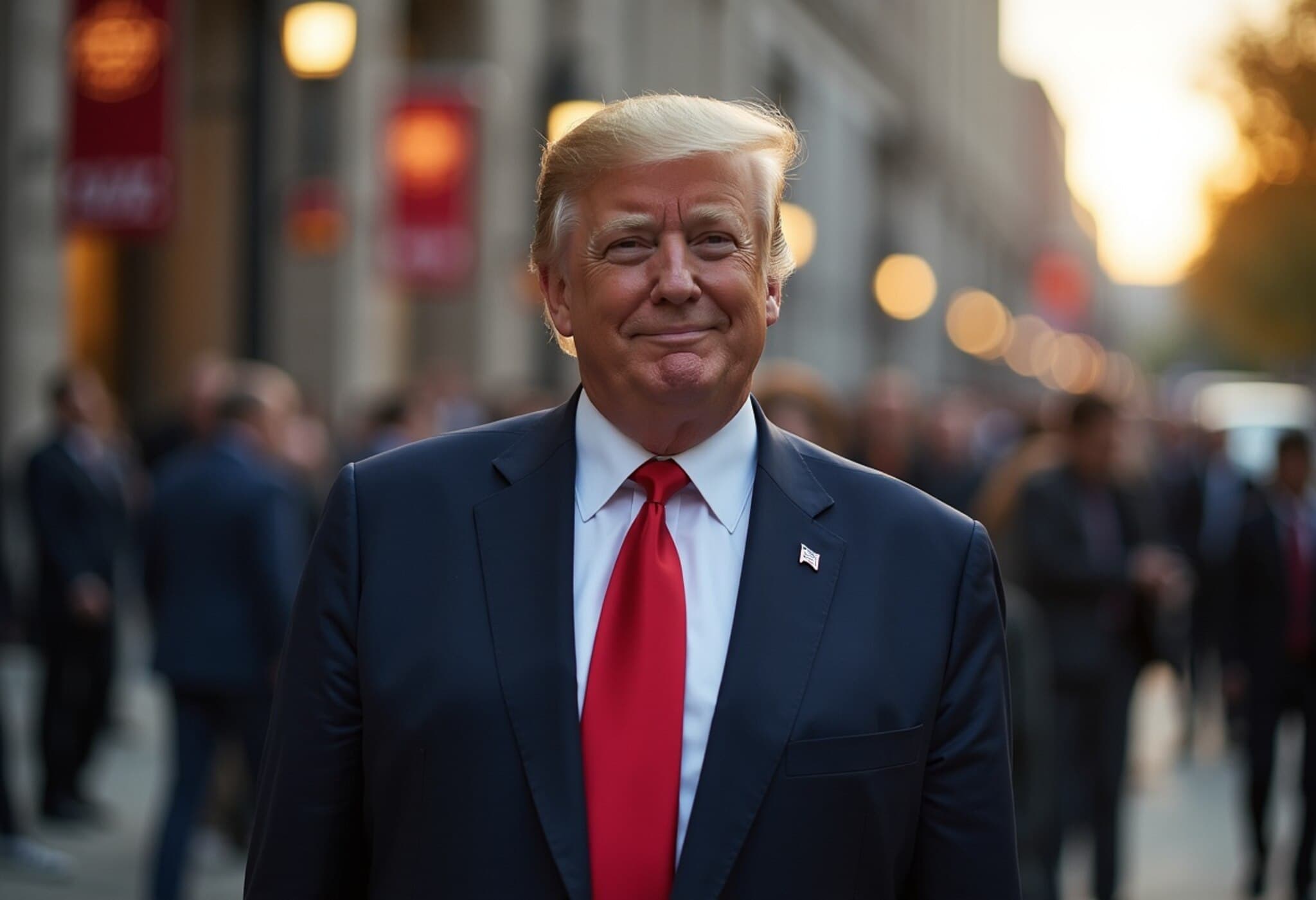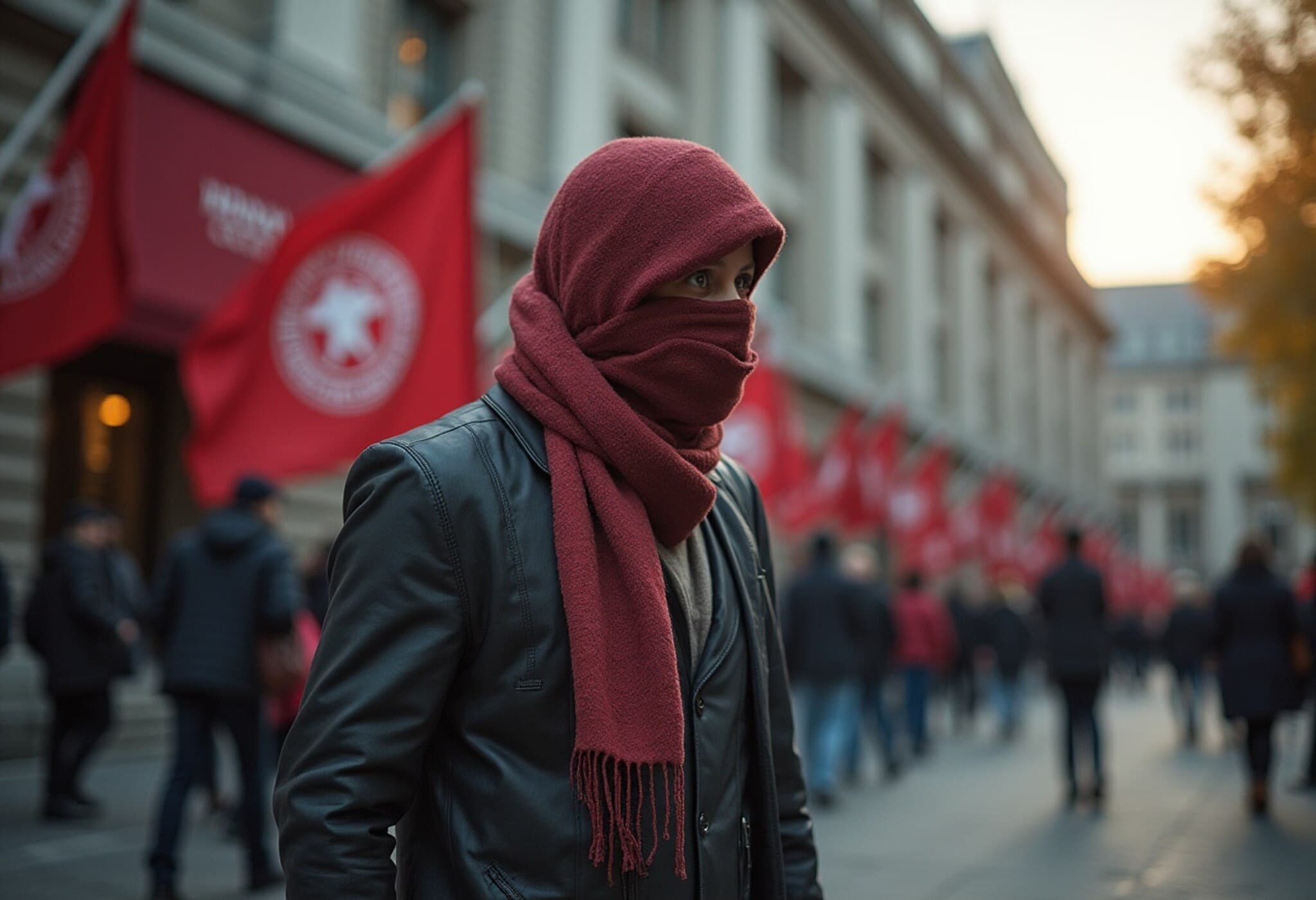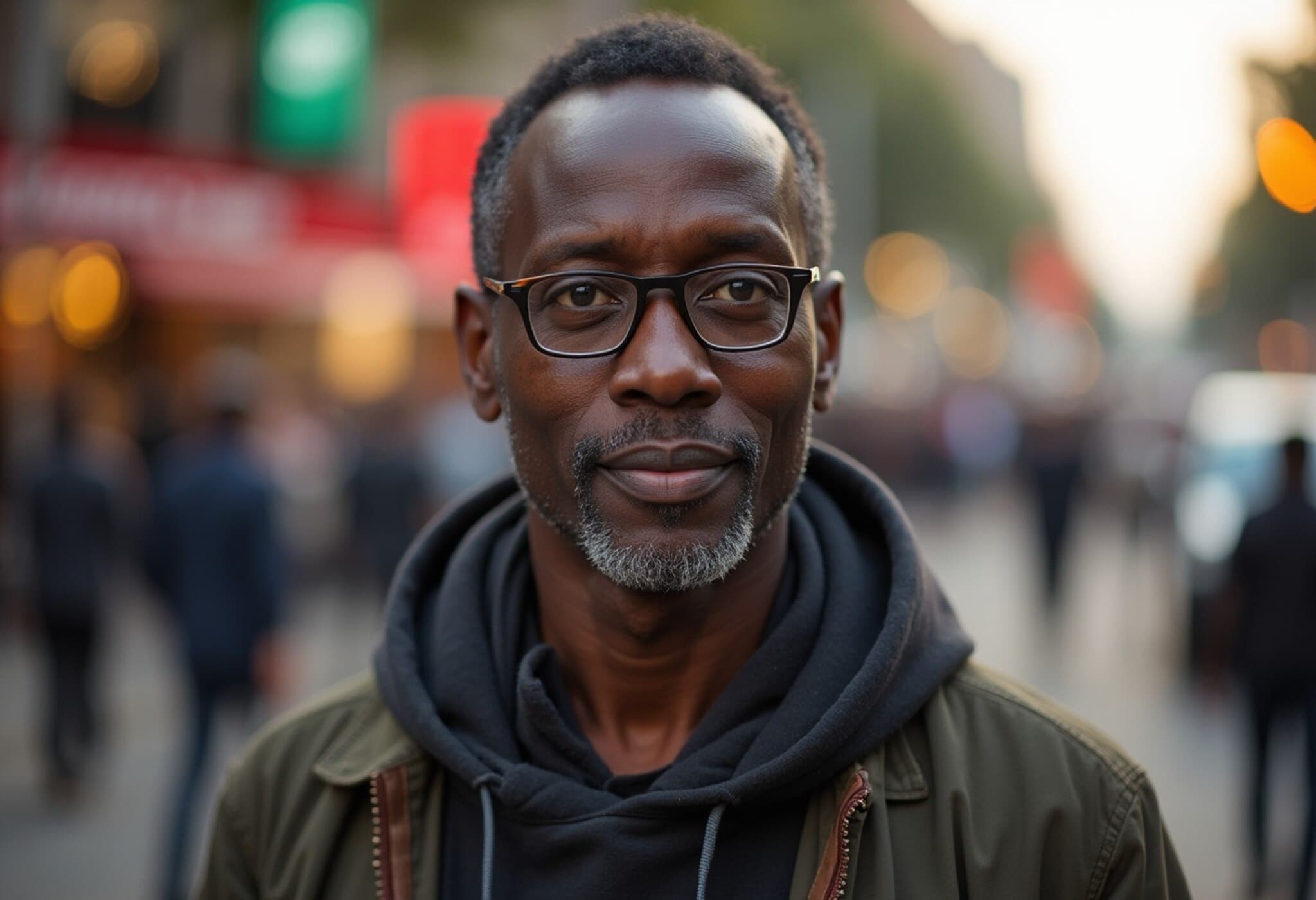Harvard Publisher Halts Special Issue on Palestine Amid Rising Controversy
In a surprising and contentious move, the Harvard Education Publishing Group recently canceled a highly anticipated special issue titled "Education and Palestine", citing a range of complex issues. This decision has sparked intense debate over academic freedom, political influence, and censorship in scholarly publishing.
Background: A Journal Issue on a Controversial Topic
Scheduled for publication this summer, the special issue aimed to foster open, scholarly dialogue on education within the context of Palestine — covering topics such as the destruction of schools in Gaza, challenges surrounding teaching about Israel-Palestine in U.S. institutions, and the broader implications for academic freedom. The content drew from research articles, essays, and firsthand accounts that explored concepts like "scholasticide," a term coined to describe the systematic destruction of educational institutions amid conflict.
With contracts nearly finalized and articles edited, the cancellation came as a shock to the academic community. Contributors and editors were notified via email on June 9 about the decision, which was attributed to "a number of complex issues," but without explicitly citing controversies related to antisemitism or political pressure.
Official Explanation vs. Underlying Dynamics
Jessica Fiorillo, executive director of the publishing group, emphasized that the delay stemmed from an inadequate review process and copyediting challenges, including the loss of a key copy editor. The email also mentioned a lack of consensus among authors, editors, and the publisher about the journal’s direction, alongside concerns over the path forward.
However, insiders and observers suspect deeper forces at work. The episode unfolds against a backdrop of heightened US-government scrutiny of Harvard University amid accusations that elite campuses foster antisemitism while allowing leftist ideologies critical of Israel to flourish unchecked. Some have dubbed this the "Palestine exception" to academic freedom, highlighting how scholarly inquiry into sensitive geopolitical issues can trigger suppression.
The Road to Cancellation: Key Moments
- January 2025: The publisher requested an "institutional review" of manuscripts, signaling early apprehensions.
- February 2025: Attempts were made to alter the spring issue’s promotional materials, indicating editorial interference.
- May 2025: Harvard’s legal team conducted a "risk assessment" concerning potential antisemitism allegations linked to the issue.
- June 9, 2025: Cancellation announced via email to contributors.
One notable point of contention arose when Rabea Eghbariah, a Palestinian Harvard Law doctoral candidate and author of the issue’s afterword, sought a contract amendment to protect academic freedom — a request ultimately declined. Subsequently, proposed editorial meetings to discuss emerging challenges failed to materialize, fracturing collaboration.
Academic Freedom Under Scrutiny
Several editors described the cancellation as a form of censorship that embodies "how authoritarianism grows", underscoring fears that political pressures are increasingly influencing scholarly pursuits. The move sends a chilling message to researchers worldwide: that academic projects may be vulnerable to abrupt termination amidst external political considerations.
Experts caution that the implications extend far beyond this single episode. If universities and publishers allow geopolitical sensitivities to dictate editorial decisions, the very essence of academic inquiry — questioning, debating, and uncovering truth — is jeopardized.
Harvard’s Broader Conflict With the U.S. Government
This cancellation comes amid escalating tensions between Harvard University and the Trump administration, which has exerted pressure on the renowned Ivy League institution over concerns about antisemitism and campus safety for Jewish students.
- The Department of Homeland Security (DHS) targeted Harvard’s Student and Exchange Visitor Program (SEVP), threatening to revoke certification and jeopardize foreign students’ legal status.
- Between April and May 2025, the university saw stop-work orders issued for research projects, freezing nearly $2.4 billion in funding.
- Harvard initiated legal challenges, accusing the administration of using financial leverage to control academic content.
- Recently, U.S. federal departments notified Harvard’s accrediting bodies over alleged failures to combat harassment of Jewish students — potentially risking accreditation and federal aid eligibility.
Looking Ahead: The Authors’ Next Steps and Wider Implications
The affected authors are actively pursuing publication avenues with other academic journals, determined to share their scholarship despite setbacks. Scholars warn that such incidents could deter future research on Palestine and other politically sensitive subjects, further narrowing the scope of democratic inquiry in academia.
This episode prompts crucial questions for American universities and publishers alike: How can academic freedom be safeguarded in an era of increasing political polarization? What mechanisms are needed to prevent censorship disguised as editorial caution? And how will institutions navigate the delicate balance between fostering open debate and addressing community concerns?
Editor’s Note
The abrupt cancellation of Harvard’s special issue on Palestine reads as a microcosm of broader challenges confronting academic freedom in politically charged environments. Experts emphasize the need for transparent editorial processes insulated from external pressures — ensuring that important, and often uncomfortable, discussions continue to enrich scholarship. As American universities face scrutiny both internally and from political authorities, the resilience of academic inquiry depends on their commitment to open dialogue, even when confronting contentious geopolitical issues.
For readers and scholars alike: Could this be a turning point signaling increased repression of certain narratives? Or is it a cautionary tale underscoring the complexities of publishing in a fraught political landscape? The answers may shape the future of higher education and freedom of expression in the United States.

